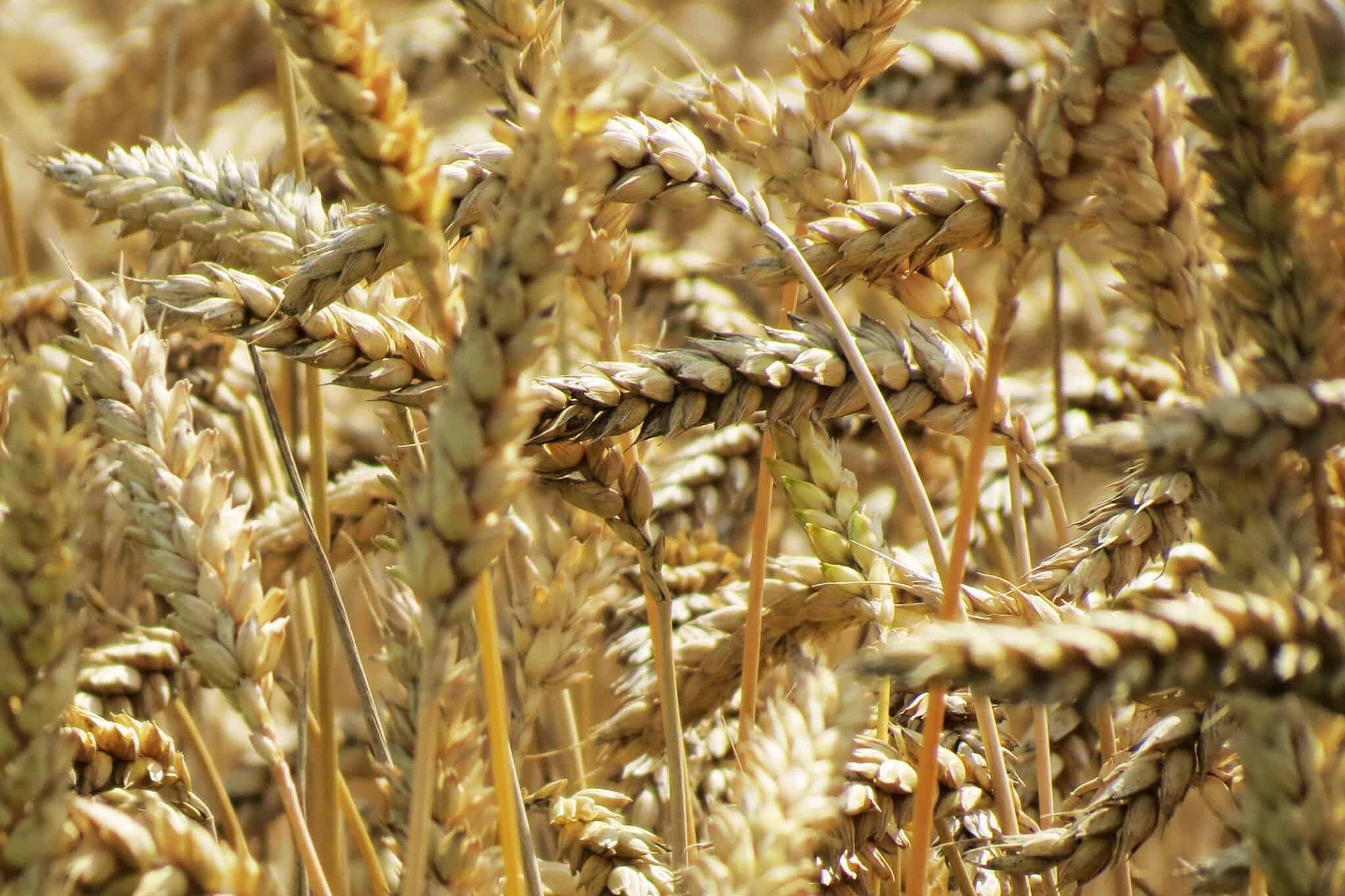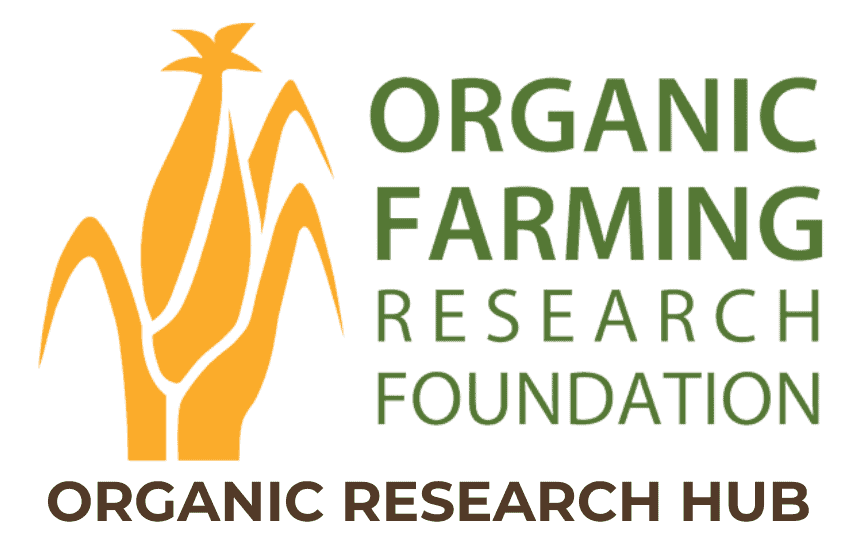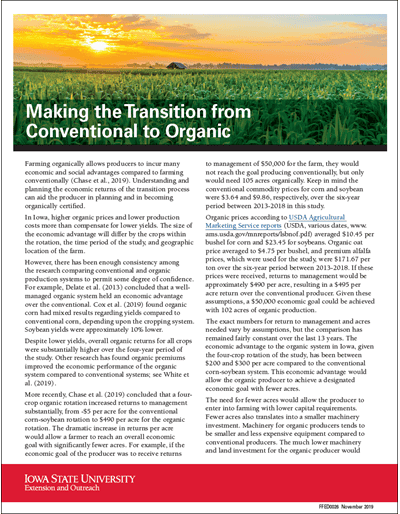Development of Wheat Varieties For Organic Farmers
Douglas Lammer, Washington State University

From the mid-1950’s on, most wheat in the U.S. has been grown in and bred for high-input, traditional agricultural conditions. These conditions include the common use of artificial fertilizers and chemical herbicides and fungicides, practices that are not allowed under current certified organic standards. We believe that traits specifically adapted to and useful for organic wheat production have been lost from the gene pool of modern wheat varieties due to the intensive chemical management common in current wheat-breeding programs. In response, we have initiated a breeding program that focuses on selection under certified organic production systems and incorporates parental material from historical wheat varieties grown before the widespread use of modern day chemicals.
Primary objectives of this research included:
1) Do varieties grown pre-1950’s contain genes that could prove beneficial to organic wheat farmers? and;
2) Will wheat lines bred under a low-input organic environment be better adapted to these conditions and result in varieties particularly well suited to organic farming systems?
Region
Northwest
Topic
Plant Breeding, Varieties, and Seeds
Category
Grain and Field Crops
Date Range
2001-2010
Funding Amount
Funding Year
2001Location
Pullman, Washington
Collaborators
Timothy Murray, Washington State University



